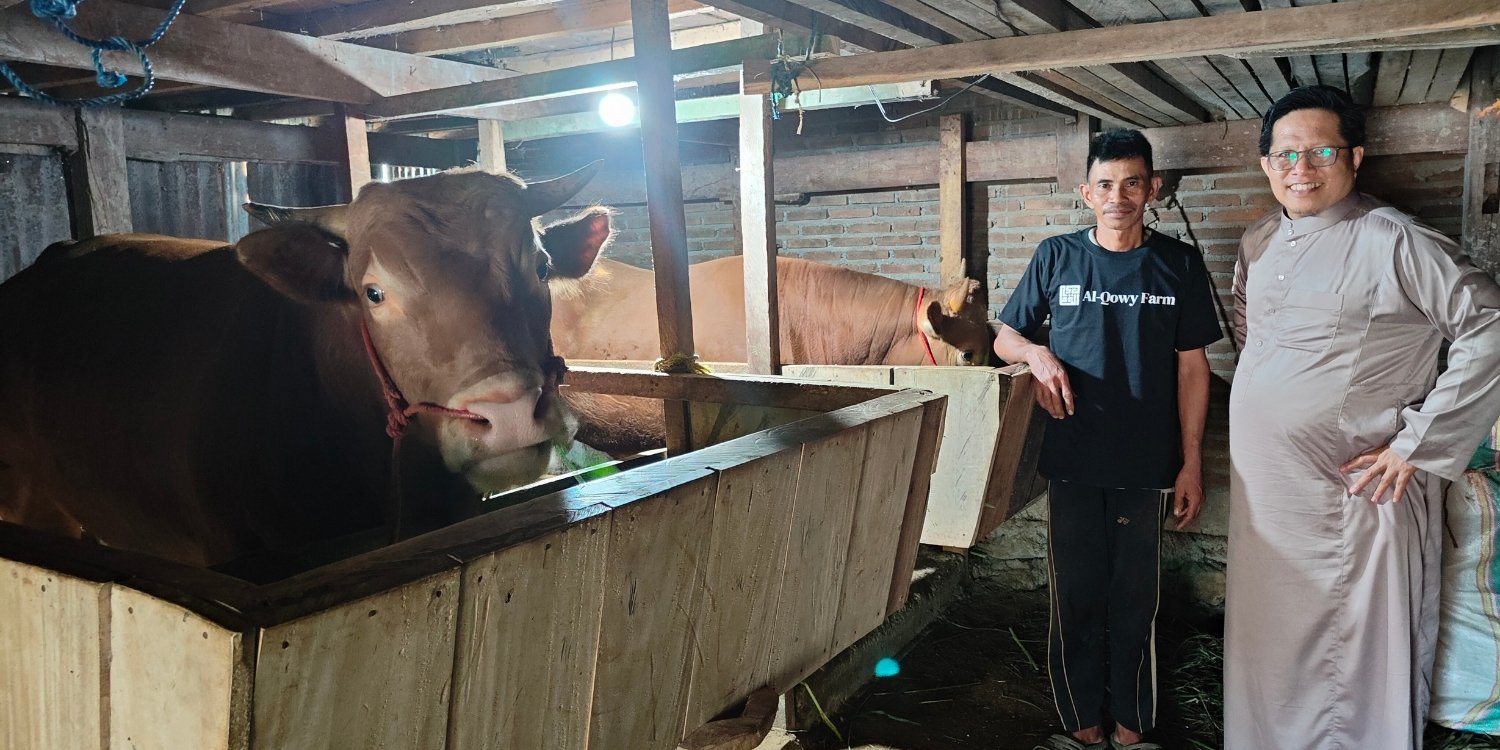In the agricultural heartland of South Sulawesi, Indonesia, Al Qowy Farm stands as a beacon of blending age-old breeding practices with modern sustainability ideals. This initiative fosters a milieu where tradition and modernity fuel each other, promising a future-ready, eco-conscious agricultural community.
I. Background of Traditional Breeding in South Sulawesi:
Historical Significance: Livestock breeding in South Sulawesi has deep historical roots, contributing significantly to the region’s culture and economy. The practice, especially of cattle, goats, and horses, holds ceremonial significance and provides livelihoods to many families.
Traditional Breeding Techniques: Local breeders employ techniques honed over centuries, emphasizing natural grazing and community-shared resources, reflecting a holistic approach to livestock rearing.
Challenges: Modernization and climate change pose challenges, threatening traditional breeding’s essence and testing breeders’ resilience.
II. The Advent of Modern Sustainability Practices:
Global Rise: The global shift towards sustainable farming and breeding practices underscores the benefits for the environment and economy, paving the way for more resilient agricultural systems.
Benefits: Sustainable breeding minimizes environmental impact, promotes animal welfare, and ensures economic viability.
Challenges and Opportunities: Adopting sustainable practices comes with challenges but opens doors to new opportunities for traditional breeders.
III. The Al Qowy Farm Approach:
Ethical Financing: Al Qowy Farm’s ethical financing and profit-sharing models provide a viable alternative to conventional financial systems, aligning with the principles of Sharia business.
Sustainable Breeding Initiatives: The farm’s initiatives across cattle, goat, sheep, and horse breeding adhere to sustainability principles, ensuring a lesser environmental footprint.
Community Education: Educational programs and market access facilitation empower the local farming community, promoting sustainable practices and economic growth.
IV. Bridging the Gap:
Integration: Al Qowy Farm is pivotal in marrying traditional knowledge with modern sustainability, creating a roadmap for other farms to follow.
Community Engagement: Engagement and education form the cornerstone of bringing about a positive change fostering an informed and empowered community.
Success Stories: Al Qowy Farm’s journey and success stories serve as an inspiring testament to the possibilities that lie in blending tradition with modernity.
V. The Road Ahead:
Future Plans focus on amplifying sustainability efforts, community empowerment, and fostering collaborative growth opportunities.
Investor Engagement: The farm presents a promising avenue for investor engagement, inviting collaborations to further the cause of sustainable agriculture.
Vision: Al Qowy Farm envisions a sustainable, community-centric agricultural landscape, setting a precedent for others to emulate.
Conclusion: Al Qowy Farm’s approach exemplifies the harmonious blend of traditional breeding and modern sustainability, setting a pioneering example for agricultural practices in South Sulawesi and beyond.
